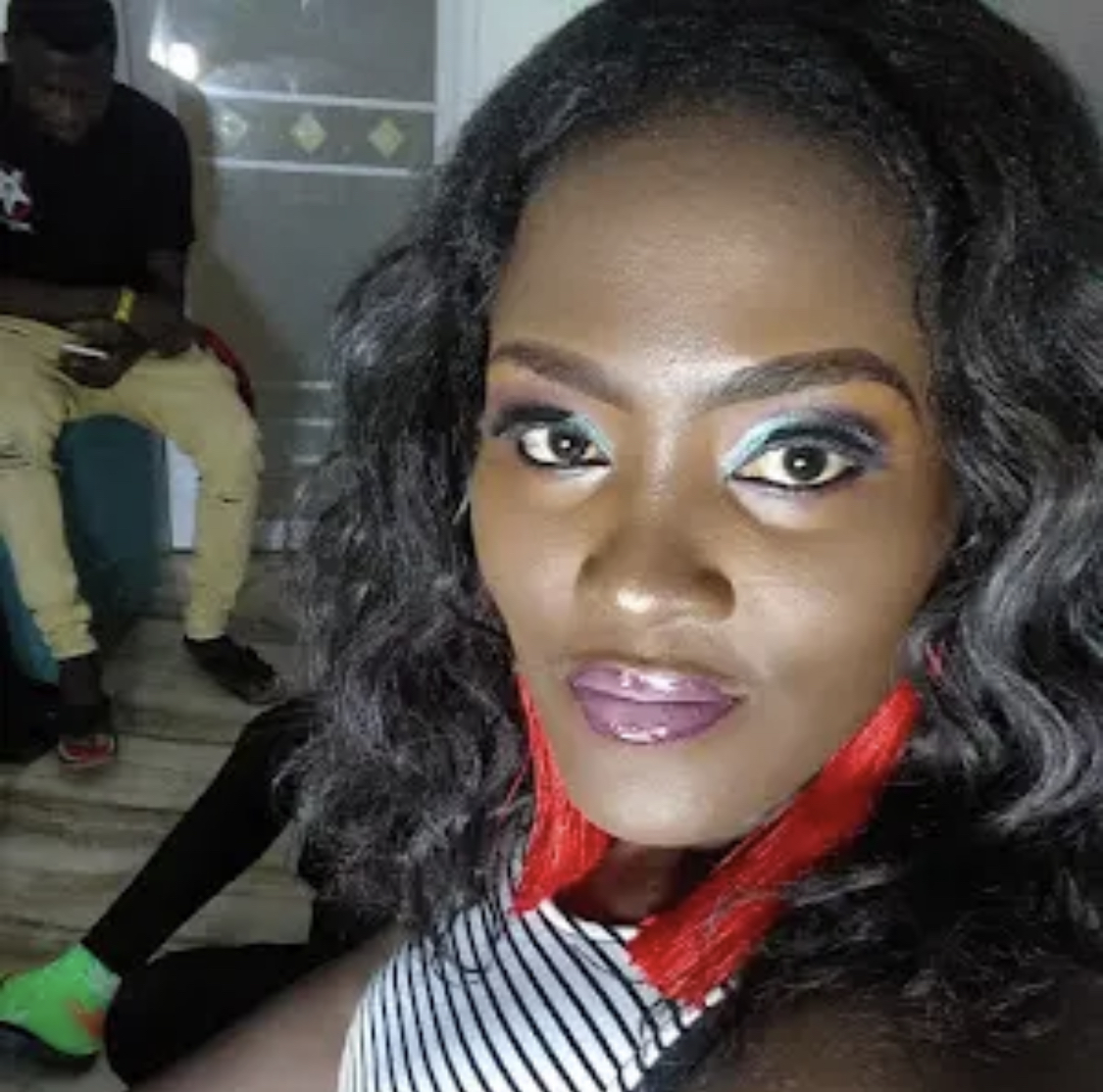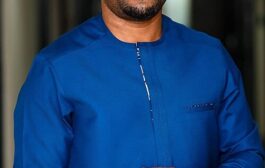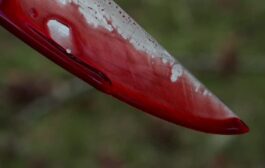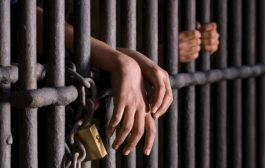The earliest historical record of makeup comes from the 1st Dynasty of Egypt (c. 3100-2907 BC). Tombs from this era have revealed unguent jars, which in later periods were scented. Unguent was a substance extensively used by men and women to keep their skin hydrated and supple and to avoid wrinkles from the dry heat.
Inventor
When considering the origin of cosmetics as we know them today, many argue that it was the Egyptians who first invented makeup but as early as the first millennium BCE, Chinese royalty in the Zhou dynasty were using gelatin, beeswax, egg white, and gum arabic to paint their nails gold and silver.
Purpose
Cosmetics designed to enhance or alter one’s appearance (makeup) can be used to conceal blemishes, enhance one’s natural features (such as the eyebrows and eyelashes), add color to a person’s face, or change the appearance of the face entirely to resemble a different person, creature or object.
Benefit
One of the greatest benefits of wearing makeup is that it helps you look younger. Makeup can help you conceal wrinkles, aging spots, and other blemishes. With the right makeup artist touch, you will never have to worry about your age showing. In fact, you will look younger than you’ve ever looked.
Effect
However, even the best makeups can eventually lead to clogged pores, blackheads, whiteheads and redness. Frequently wearing makeup can also lead to increased pore size, eye infections, dry skin, allergic reactions and an increase in skin aging.
Country with least make ups
Certainly, one thing you’ll notice after spending some time in the Netherlands is that people (well, Dutch women to be precise) wear way less makeup than what you’re used to. That doesn’t mean they don’t take care of themselves — simply that there isn’t the same culture surrounding makeup as in many other countries.
Source: Mybrytnewsroom.com/Kwabena Nyarko Abronoma




















































